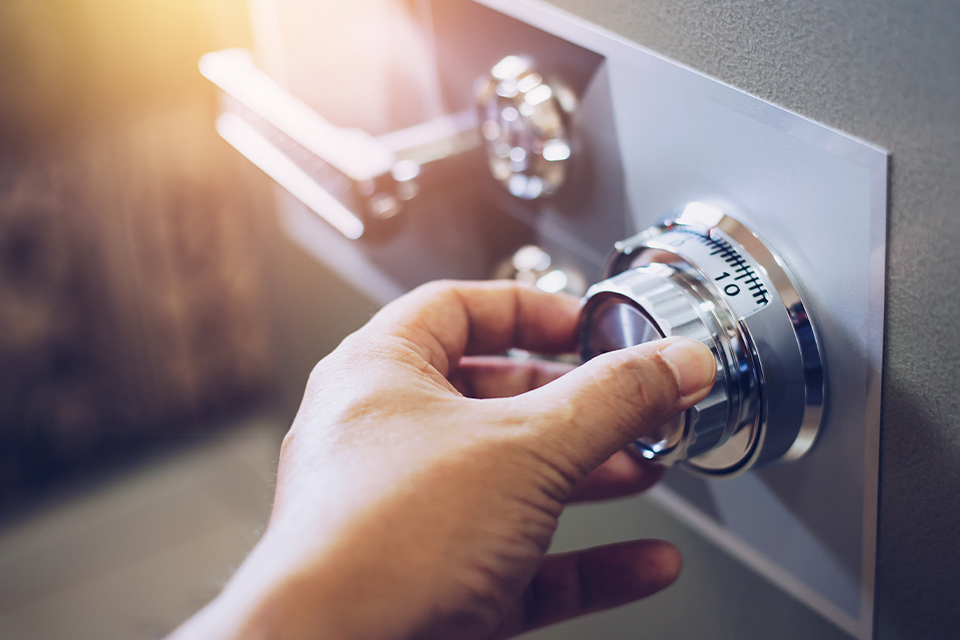
Banks Are Failing
The recent failures of both the Silicon Valley Bank and Signature Bank have left many Americans afraid about the safety of their money. Now, the concern is natural. If something similar happens to your bank, how safe is the money in your account? Not only that, but this event has increased the fears of a recession. Generally, money kept in a bank account is safe, even if a recession happens. However, this does depend on certain factors. For example, the balance in your account and the specific type of account. For example, Silicon Valley Bank likely had billions of dollars in uninsured deposits.
However, there are some things you can do to protect yourself. In this post, we’ll share some important information, including tips on how to stay safer. It’s our belief that financial stability and safety is vital to have, no matter the state of the economy.
What You Need to Understand
As a start, it’s important to understand the following. You see, your money is not actually physically in the bank when you make a deposit. Capital requirement is only around 10%. What this means is that around 90% of the money you have “in” the bank is not being held onto. Instead, it’s given away, in the form of loans. However, this is perfectly fine as long as there isn’t a bank run.
A bank run refers to when a number of people all line up at a bank at once asking for their money back. The result is, the bank fails, as they can’t fulfill everyone’s requests. This is a common occurrence during a recession. However, it’s not always a sign of economic instability. In fact, a few of them typically happen per year. However, there hadn’t been any failures to FDIC-insured (hold that thought) banks during the past two years. This streak was, obviously, broken, and it may potentially get worse.
The reality is, if your bank does collapse, you might not even notice a change. the FDIC (Federal Deposit Insurance Corporation) covers losses for most banks. They then hand everything over to a different institution. If you’ve ever found that your bank’s name has suddenly changed, this is why. It’s not the same organization anymore.
However, the FDIC can fall short. For example, if multiple banks fail at once. This happened during the last recession. However, there are things you can do to protect your savings. Let’s just say, it pays to know more about your bank than just its name.
What You Can Do
Firstly, you should bank at an FDIC-insured institution. Most banks are FDIC-insured. But, not all are. If your bank is FDIC-protected, bank deposits of up to $25,000 are insured. And, if you have more than that, you can still get additional coverage. Simply open up a different account, either at a different FDIC-insured bank, or a different type of account at the same bank.
If you have deposits in a non-FDIC_insured bank, all this does is put you at risk in the event of a bank failure. You can check whether or not your bank is FDIC-insured on the FDIC’s BankFind Suite Page. Click here to do so.
Stay Educated
It’s important to keep tabs on your bank. Aside from knowing whether or not your bank is FDIC-insured or not, you can keep up with the news surrounding your bank to monitor its health. This way, you can take steps to protect your money ahead of time if there are any potential problems.
It’s also important to know the limits that the FDIC has. Not only do they only cover deposits of up to $25,000, but they can also only cover your money in certain ways. The FDIC doesn’t cover losses due to theft, including fraud and identity theft. This has been a problem, especially in recent years. So, you should make sure to take whatever steps you can to stop your information from being stolen.
Furthermore, the FDIC doesn’t protect you from losses if you invest directly in a bank’s stock, or any stock, for that matter. You need a financial advisor for that. And, they don’t insure the money in your account at your credit union. But, the National Credit Union Share Insurance Fund Does. And, they insure you at the same level. Also, your safe deposit box isn’t federally insured, so the FDIC won’t help you if it gets broken into. However, you could purchase private insurance on it.
In conclusion, it’s important to keep tabs on your bank and understand what risks you have. If your bank fails in the same way Silicon Valley Bank and Signature Bank did, you will most likely be safe. But, it’s important that you do your research. Especially going forward, into this economy that might be on the brink of an economic recession.
We Can Help
If financial stability is a big concern of yours, you wouldn’t be alone in that regard. With the possibility of a recession looming, many people are looking for help protecting the money they’ve worked so hard to save. If you’re looking for more financial stability, then get in touch with us: Our services might be of use to you. Additionally, there are some alternative options for storing and protecting some of your money that you might not be aware of, that could keep you protected for the long haul. If you want to learn more, get in touch with us. We’re always here to help!
Sources of information: Forbes, GoBankingRates
